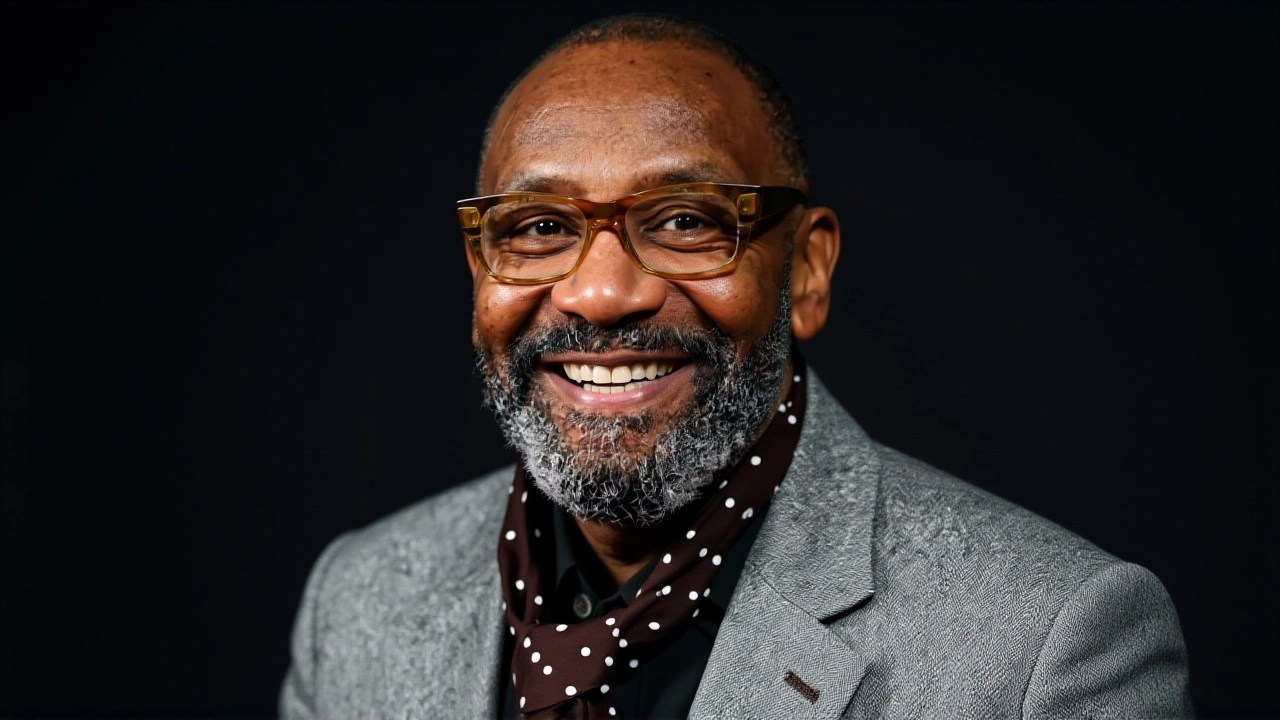BBC – News, Sports, Politics & Streaming Overview
When talking about BBC, the British Broadcasting Corporation, a public service broadcaster founded in 1922, delivers news, sport, entertainment and education worldwide. Also known as British Broadcasting Corp, it operates under a royal charter that guarantees impartial reporting and is funded mainly by licence fees. The BBC reaches millions of households in the UK and abroad, setting the tone for how people get their information. It lives within broadcast media, channels and platforms that deliver audio‑visual content to the public, which means it needs robust technical infrastructure, clear guidelines and a trusted brand. This relationship forms the first semantic triple: BBC encompasses broadcast media and requires strong infrastructure.
One of the biggest draws for the audience is the BBC’s sports journalism, coverage of live events, analysis and athlete stories that keep fans hooked. From the roar of a Premier League match to the speed of a Formula 1 race, the BBC provides live commentary, expert panels and behind‑the‑scenes features. It uses high‑definition cameras, fast‑turnaround editing suites and seasoned commentators to make each event feel immediate. Because of that, the BBC invests heavily in on‑site reporters and satellite links, proving that “BBC + sports journalism = massive viewer loyalty”. This creates the second triple: BBC encompasses sports journalism and drives audience engagement.
When it comes to politics, the BBC’s political commentary, analysis and interviews that explain policy decisions and election results shapes public opinion across the nation. Political commentary influences BBC news reporting, creating a feedback loop where audience questions spark deeper investigations and live debates. During election night the corporation deploys special studios, interactive graphics and fact‑checking teams to keep coverage fair and clear. This dynamic forms the third triple: political commentary influences BBC news reporting and supports its impartial mission.
To meet changing viewer habits, the BBC has embraced online streaming platforms, services that deliver video and audio over the internet, like iPlayer, YouTube and mobile apps. iPlayer, launched in 2008, now offers live TV, catch‑up shows and exclusive documentaries, while mobile apps let users watch on the go. Partnerships with tech firms help the BBC experiment with personalized recommendations and adaptive streaming quality. By adopting these platforms, the BBC reaches younger audiences who prefer on‑demand content, showing that “BBC + online streaming platforms = broader digital reach”. This delivers the fourth triple: BBC adopts online streaming platforms to expand its digital audience.
What You’ll Find Below
Below you’ll see articles that touch on the same themes the BBC works with every day: sports coverage that captures the thrill of live races, political pieces that break down complex policy debates, and tech‑focused stories about how broadcasters shift to streaming. Whether you’re interested in the latest sports analysis, a deep dive into political news, or how media adapts to online life, the collection offers real‑world examples of the topics we just covered.
Ready to explore? The posts that follow dive into each area, giving you practical insights and showing how news, sport and digital trends intersect in today’s media landscape.

Sir Lenny Henry Honors Trailblazing Actor Ira Aldridge in Rare Tribute
Sir Lenny Henry pays tribute to pioneering Black actor Ira Aldridge, linking the historic figure to modern British TV and boosting representation.
October 9 2025